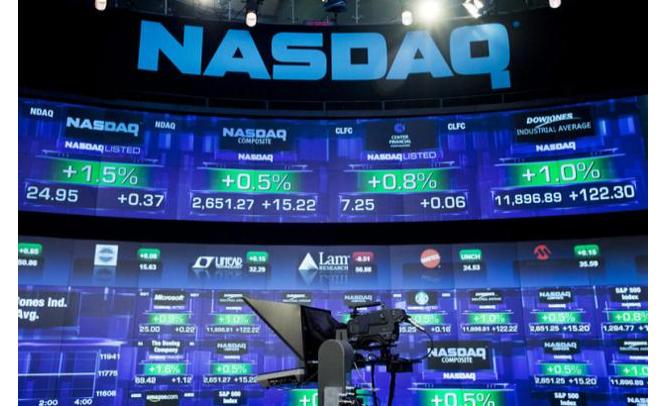The National Association of Security Dealers and Automated Quotations is the largest stock exchange in terms of daily traded volume with 3,200 listed securities, it is a self regulatory body that licenses brokers and oversees trading practices.
5th August 2013
NASDAQ and the New York Stock Exchange (NYSE) are two premium exchange centres of stock market which accounts for most of the trading related to equities in North America and global business. They are on the same platform as far as stock market is concerned but their modus operandi has stark differences in kind of equities they deal with and the way they handle the stock market operation in selling and buying stocks. Located at Times Square and the downtown financial district respectively, both of these markets handle a huge volume of daily trading. In this article, let us understand the differences in the functioning of NYSE and NASDAQ.
| Activities | NASDAQ | NYSE |
| Acronym | National Association for Stock Dealers Automated Quotations | New York Stock Exchange |
| Year Launched | 1971 | 1792 |
| Market Type | The NASDAQ constitutes a dealer based securities market, dealers sell stocks directly to firms or investors through the telephone or the internet | The NYSE constitutes an auction style securities market in which brokers purchase stock on behalf of clients or firms. |
| Trading location | Trading on the NASDAQ takes place electronically or through the internet | Purchasing or selling at the NYSE takes place in person on the floor of the exchange itself |
| Trading Restrictions | NASDAQ is an alternative to the NYSE, it is a market on which companies too small to meet stock exchange qualifications can publicly trade stock | NYSE traded companies must possess at least 2200 shareholders, trade 100,000 shares monthly and possess a market capitalization of $ 100 million with revenues of $ 75 million annually |
| Type of Stocks Traded | Volatile and growth stocks, comprising of stocks technological companies worldwide are traded in NASDAQ, due to the presence of large number of technological companies traded on the NASDAQ, many think of the market as a technological market and a primary indicator for trends in the technology industry | Stocks of well established companies with huge turnover are traded in NYSE |
| Traffic Controller |
The traffic controllers of both the exchanges deal with specific problems of the exchange, in the NASDAQ the traffic controller is called the market maker |
On the NYSE, the traffic controller is called the Specialist |
| Entry Fee for Stock Listing | $ 50,000 -$ 75,000 | Up to $ 250,000 |
| Yearly Listing Fee | $ 27,500 | Capped at $ 500,000 |
The National Association of Security Dealers and Automated Quotations is the largest stock exchange in terms of daily traded volume with 3,200 listed securities, it is a self regulatory body that licenses brokers and oversees trading practices. It is a computerized network with its own listing requirements. It allows multiple market participants to trade through its Electronic Communication Networks (ECN). In order to become more competitive with the NYSE and other international markets it has merged with the American Stock Exchange (AMEX) in 1998 to form an organized investment network. In comparison, the NYSE has more than 2,700 securities listed, a physical stock exchange with a limited number of members and an elected governing body. Special facilities are offered to institutional investors such as mutual funds and pension funds, so that they can sell large blocks of stock without depressing their prices.

